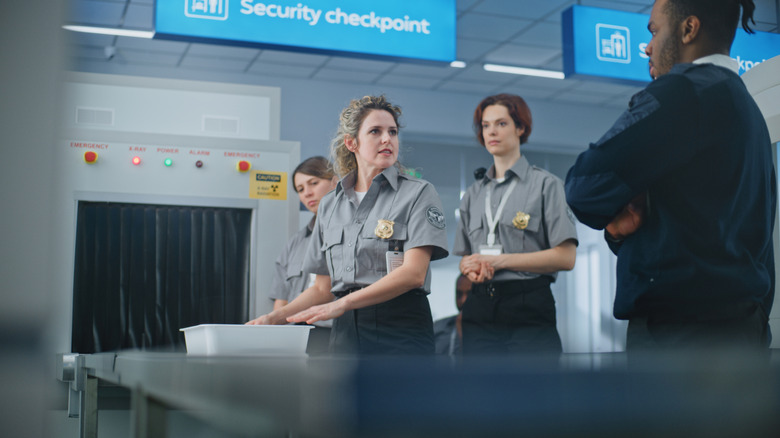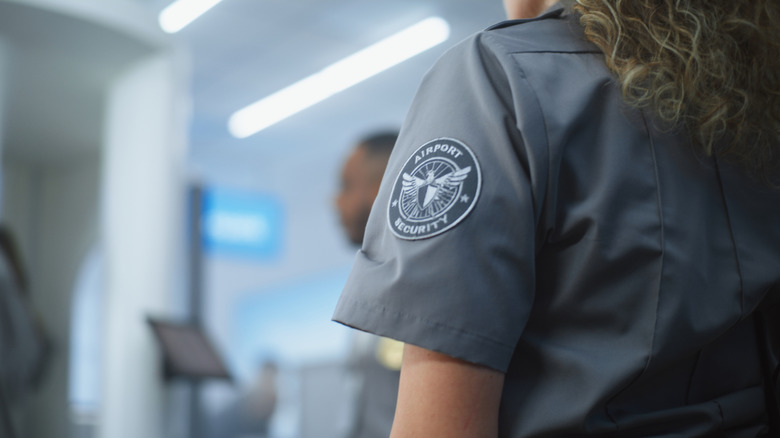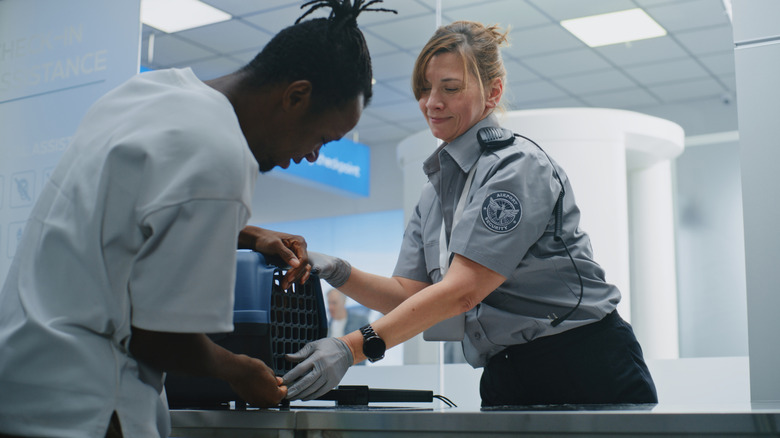Anyone who’s had to inch through a soul-crushingly long and slow security line at the airport or been pulled aside for additional screening for seemingly arbitrary reasons can attest to the fact that dealing with the Transportation Security Administration (TSA) can be frustrating. While the agency exists to make travel safer, its critics insist that it’s more of a hassle than help. In fact, some lawmakers believe it’s high time to pull the plug on the entire operation and replace the TSA with private companies. However, experts warn that scrapping it entirely could put aviation at risk.
Many travelers probably don’t realize that the TSA is a relatively new addition to the flying experience, having only been established in 2001 after the 9/11 attacks. Since then, its main function has been to screen every passenger and virtually every bag and water bottle that passes through U.S. airports. But critics say the whole process can be handled by private companies — just like it was before. In March 2025, Senators Mike Lee and Tommy Tuberville proposed the Abolish the TSA Act, aiming for the dissolution of the agency once and for all. “The TSA has not only intruded into the privacy and personal space of most Americans, it has also repeatedly failed tests to find weapons and explosives,” Lee told Fox News. “Our bill privatizes security functions at American airports under the eye of an Office of Aviation Security Oversight, bringing this bureaucratic behemoth to a welcome end.”
Sure, the idea of skipping being watched like a hawk by TSA officers sounds great. However, experts argue that abolishing the TSA can pose a major security risk. Even travelers have expressed concern, speculating that the security process may be more chaotic than it already is if the bill is passed.
Abolishing the TSA could be detrimental to the safety of travelers
To be fair, the calls to abolish the TSA aren’t exactly baseless. Back in 2017, the agency flunked the majority of the undercover tests performed by the Department of Homeland Security, with a source telling ABC News that the failure rate was in the “ballpark” of a staggering 80%. That said, the TSA hasn’t been resting on this reputation and has been cleaning up its act by making upgrades, including the introduction of Credential Authentication Technology (CAT) and the enhancement of X-ray screenings.
Still, while the TSA is nowhere close to perfect, experts say that dissolving it in favor of private companies can only jeopardize the safety of travelers. “Security is an inherently government function, and if you take this idea to the logical extreme, then who needs a Secret Service, or who needs a government Department of Defense or Customs and Border Protection?” John Pistole, the president of Anderson University in Indiana and former TSA administrator, shared with Flying, adding that transitioning to privatization can only open the door to greater inefficiency, as companies may not invest in proper training.
And then there’s the issue of cost-cutting, too. Letting private companies take over could mean contracts go to the lowest bidders who may be more interested in making money than following federal guidelines. In the past, some contractors would actually rather pay penalties than employ competent screeners. “Before 9/11, security was almost invisible, and it was really designed to be that way,” Jeff Price, former assistant director of airport security at Denver International Airport, explained to NPR. “It was designed to be something in the background that really wasn’t that noticeable and definitely did not interfere with aircraft or airport operations.”




